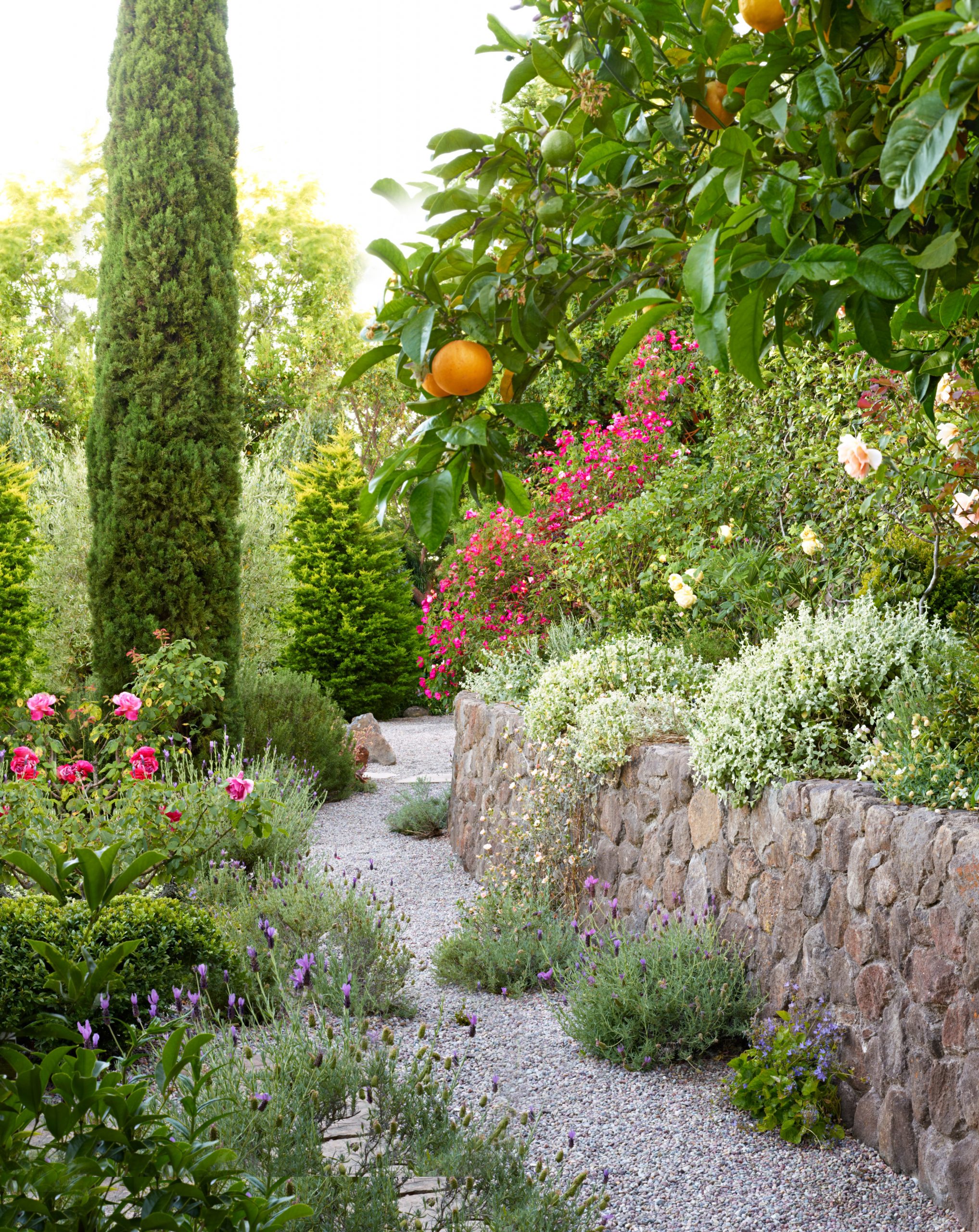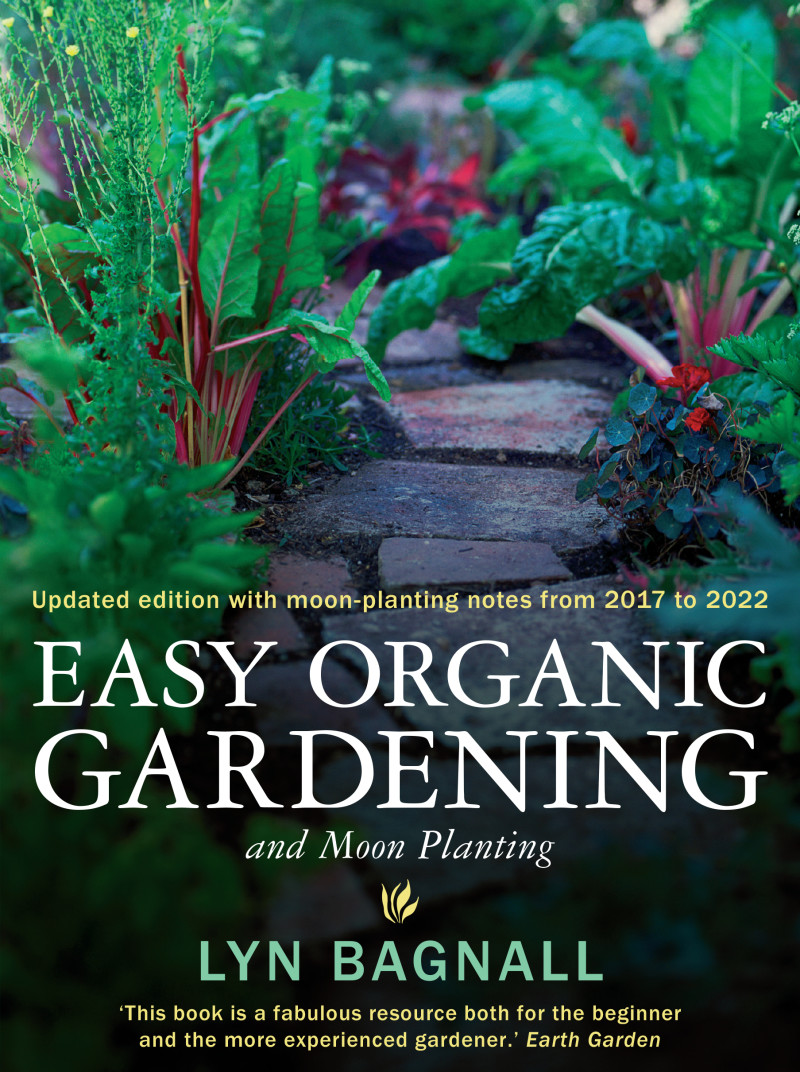The Top Organic Gardening Book You Need for Thriving Home Gardens. Discover The best organic gardening book for your home garden! Learn easy tips for growing healthy plants & enjoy thriving veggies & flowers all year round.

What is The Top Organic Gardening Book You Need for Thriving Home Gardens & how does it work?
This book offers guidance for organic gardening enthusiasts. It teaches sustainable practices for gardening. Readers learn how To grow plants without harmful chemicals. Techniques include crop rotation, companion planting, & mulching. Steps involve understanding soil health, pest management, & plant selection.
Brief history of The Top Organic Gardening Book You Need for Thriving Home Gardens
The concept of organic gardening dates back centuries. Early practices embraced natural methods of farming. As awareness grew, books emerged To share knowledge. Over time, more authors published works on diverse topics within organic gardening. Readers gained access To techniques from various cultures & regions.
How To implement The Top Organic Gardening Book You Need for Thriving Home Gardens effectively
Start by assessing garden space & conditions. Choose suitable plants based on climate & soil. Prepare soil using compost & organic matter. Follow guidelines for planting, watering, & maintaining plants. Regular monitoring helps identify pests or diseases early. Adjust strategies as needed for optimal growth.
Key benefits of using The Top Organic Gardening Book You Need for Thriving Home Gardens
- Encourages sustainable practices for healthier ecosystems.
- Promotes biodiversity, enhancing garden resilience.
- Reduces reliance on chemical pesticides & fertilizers.
- Provides fresh, nutritious produce from home gardens.
- Fosters community through shared gardening experiences.
Challenges with The Top Organic Gardening Book You Need for Thriving Home Gardens & potential solutions
Several challenges arise while implementing garden strategies. Pest management often becomes a significant concern. Natural predators can help control pest populations effectively. Additionally, inconsistent weather patterns may affect growth. Creating microclimates aids in protecting plants from harsh conditions.
Future of The Top Organic Gardening Book You Need for Thriving Home Gardens
Future trends point towards increased interest in organic methods. More individuals seek sustainable food sources. Gardening technology may integrate with innovative practices. Vertical gardens & permaculture principles gain popularity. Collaboration among gardeners fosters a supportive community for sharing knowledge.

The Importance of Organic Gardening
Gardening organically becomes a vital part of creating sustainable ecosystems. By avoiding chemicals, gardeners foster healthier soil & healthier plants. Not only does this promote biodiversity, but it also protects local waterways from harmful contaminants. Various studies suggest organic methods yield nutritious produce, free from synthetic pesticides. Proper education about these methods can further enhance garden sustainability.
A remarkable resource addressing organic gardening appears in this guide. This book covers numerous techniques, providing insights from experts in gardening practices. Learning from this book can significantly enhance understanding of organic gardening.
Available techniques range from composting, mulching, & utilizing beneficial insects. All these practices enhance soil health & optimize plant growth. Those new To gardening can especially benefit from straightforward & detailed instructions.
Features of The Top Organic Gardening Book
- Comprehensive guide for beginners 📚
- Easy-To-follow recipes for organic fertilizers 🍞
- Tips on pest management using natural methods 🌿
- Insights into crop rotation benefits 🌱
- Visual references for plant identification 🌼
- Techniques for organic seed saving 🌾
- Step-by-step planning for seasonal gardening 📅
Understanding Soil Health
Healthy soil forms The foundation of a thriving garden. Microorganisms in soil play a crucial role in nutrient availability. Organic gardeners prioritize building soil structure, ensuring plants receive necessary nutrients. Techniques, such as adding organic matter, significantly improve soil’s fertility.
Diverse soil types require tailored approaches for optimal growth. Testing soil pH ensures compatibility with chosen plants. Knowledge of native soil conditions helps gardeners amend materials accordingly, creating an ideal growing environment.
A shift towards organic practices nurtures soil’s ecological balance. Incorporating cover crops allows soil restoration between planting seasons. Maintaining a healthy soil ecosystem becomes a central tenet of sustainable gardening.
Choosing Plants Suitable for Organic Gardening
Selecting appropriate plants enhances success in organic gardening. Many gardeners enjoy growing native plants, which thrive in local conditions. Including diverse plant species promotes resilience against pests & diseases. Gardeners can also benefit from growing companion plants, maximizing space & resources.
Understanding plant requirements for sun, water, & nutrients aids in selection. Adapting choices based on seasons ensures a continuous harvest. Advanced planning helps address potential challenges related To climate or pests.
Gardening enthusiasts find joy cultivating fruits, vegetables, & herbs. High-yield varieties provide ample produce for culinary uses. Organic gardeners also often enjoy experimenting with heirloom varieties, which offer unique flavors & historical significance.
Pest Management in Organic Gardens
Naturally managing pests becomes an essential skill for organic gardeners. Using beneficial insects, such as ladybugs & lacewings, provides effective solutions. These insects prey on common garden pests, reducing reliance on harmful chemicals.
Regularly inspecting plants for signs of pest activity allows for timely intervention. Employing row covers can shield vulnerable crops from insect attacks. Additionally, utilizing natural deterrents like neem oil can bolster plant defenses.
Creating habitats for beneficial organisms encourages a balanced ecosystem. Planting flowers that attract pollinators supports biodiversity. Nurturing a variety of species ultimately reduces pest populations in a garden.
Watering Techniques for Organic Gardening
Optimizing watering practices sustains plant health & conserves resources. Implementing efficient irrigation methods minimizes waste. Drip irrigation systems deliver water directly To plant roots, fostering growth while reducing excess evaporation.
Understanding moisture needs of different plants helps gardeners tailor their approach. Monitoring soil moisture levels ensures a balanced watering schedule. This practice prevents over-watering, which can lead To root rot or other diseases.
Timing plays a crucial role in effective watering. Watering early in The day minimizes evaporation, allowing plants adequate hydration. Adapting watering techniques based on seasonal changes also supports plant vitality.
Composting for Organic Gardens
Composting presents an excellent method for recycling garden waste. Organic matter, like kitchen scraps & yard debris, creates nutrient-rich compost. This natural fertilizer enriches soil & supports robust plant growth.
Understanding compost types, such as hot & cold composting, enhances effectiveness. Each method offers unique benefits & timelines. Choosing an approach based on available resources maximizes composting success.
Regularly turning compost piles accelerates decomposition. Adequate moisture levels maintain microbial activity essential for breaking down materials. With patience & diligence, gardeners reap significant rewards from their composting efforts.
Seasonal Gardening Practices
Embracing seasonal changes shapes gardening strategies. Planning gardens according To seasons promotes extended harvests & diverse crops. Planting cool-season crops, like lettuce & spinach, yields bountiful spring harvests.
Summer gardens often flourish with heat-tolerant varieties, such as tomatoes & peppers. Understanding frost dates assists gardeners in timing plantings effectively. This knowledge prevents losing seedlings or mature plants To untimely frosts.
Fall gardening provides opportunities for planting cover crops, enhancing soil health before winter. Winter months offer a chance for dormant landscape care, such as pruning. Each season poses unique tasks, shaping a dynamic gardening experience.
Personal Experience & Reflections
Throughout my gardening journey, organic practices opened a world of possibilities. My first garden faced numerous challenges. I turned To organic methods, which transformed my approach significantly. Composting became a rewarding experience that truly elevated my garden. Each step led me deeper into this fascinating field. I discovered countless resources that fueled my learning. As I combined theory with practice, my garden flourished like never before.
Harnessing Technology in Organic Gardening
Modern technology offers various tools for enhancing gardening experiences. Mobile apps provide valuable resources, such as plant identification & pest control suggestions. Many gardeners find these technologies beneficial for staying organized & informed.
Using online platforms encourages sharing insights & experiences with other gardeners. Community forums cultivate environments where ideas & tips can flourish. Engaging with other enthusiasts creates a support network, fostering growth & learning.
Integrating technology into gardening means greater efficiency & success. Automated watering systems streamline maintenance, reducing The workload. Embracing innovation can make organic gardening even more enjoyable & efficient.
Impact of Climate Change on Organic Gardening
Climate change poses challenges for gardeners everywhere. Shifting weather patterns influence plant growth & pest populations. Organic gardeners must adapt practices To address these changes effectively.
Understanding local weather patterns helps gardeners plan accordingly. Selecting resilient plant varieties can mitigate issues related To heat & drought. Awareness of potential threats encourages proactive measures for protecting gardens.
Emphasizing sustainable practices supports a healthier environment. Implementing permaculture principles promotes balanced ecosystems. Collective efforts in organic gardening can combat some effects of climate change, fostering a more sustainable future.
Resources for Further Learning
Numerous resources exist for expanding knowledge about organic gardening. Websites, podcasts, & books provide invaluable information. Engaging with reputable sources enhances understanding of organic practices.
Specific forums & online communities offer platforms for discussion & collaboration. These spaces foster sharing experiences & troubleshooting challenges. Learning from others’ successes & failures can lead To new insights & strategies.
Conferences & workshops provide additional opportunities for growth. Connecting with industry experts offers a wealth of knowledge applicable To personal gardening projects. Continuous education fuels passion & cultivates a thriving gardening community.
The Best Book on Organic Gardening: Everything You Need in One Place
The Top Organic Gardening Book You Need for Thriving Home Gardens The Best Book on Organic Gardening: Everything You Need in One Place The Top Organic Gardening Book You Need for Thriving Home Gardens
The Importance of Organic Gardening
Organic gardening promotes environmental health. Using sustainable practices enhances soil quality. Healthy soil leads To better plant growth. This technique encourages biodiversity in gardens. Enjoying home-grown fruits enhances nutrition & taste. More people shift towards organic gardening nowadays.
Gardeners notice improved pollination with organic methods. Avoiding chemicals minimizes harm To insects. Wildlife benefits from balanced ecosystems. Creating habitats for beneficial species offers natural pest control. Organic gardening teaches patience & nurturing. Many beginners wish for a solid foundation.
Many resources exist on organic gardening. Books provide valuable insights & techniques. Finding a great book allows for effective learning. Techniques can transform a garden into a thriving ecosystem. Passionate gardeners often share their experiences. Choosing a top-rated organic gardening book ensures success.
To explore highly recommended resources, consider visiting this link: Best Organic Gardening Book. Engaging with communities also provides helpful tips. Forums & social media offer feedback from experienced gardeners. For more detailed discussions, check out: Best Gardening Book & Why.
Choosing The Right Book
Finding a suitable organic gardening book requires research. Multiple factors influence selection, including your gardening goals. Consider personal space, climate, & preferred plants. Books targeting specific regions offer tailored advice. Focus on resources that match your experience level.
Look for books structured thoughtfully. An ideal text covers basic concepts & advanced techniques. Clear illustrations aid in understanding complex subjects. A well-organized table of contents makes navigation easier. Readers appreciate chapters focusing on specific plants or techniques.
Reviews provide insights into a book’s effectiveness. Look for books praised for practical guidance & relatable language. Many gardeners rely on personal experiences & recommendations. Recommendations from trusted sources enhance credibility. You may also explore this site for curated content tailored for gardeners.
Key Features of a Great Organic Gardening Book
Specific features elevate a gardening book above others. A comprehensive companion covers soil health thoroughly. Readers benefit from sections on composting & natural fertilizers. This knowledge boosts soil microorganisms, promoting growth. Having a deep understanding enriches one’s gardening journey.
Look for books that feature seasonal guides. Knowledge about planting times helps maximize yields. Accurate information ensures gardens flourish throughout seasons. Integrating sustainable practices appeals To eco-conscious gardeners. Teachings about crop rotation & companion planting enhance garden diversity.
A great gardening book includes troubleshooting tips. Problems like pests, diseases, & nutrient deficiencies arise. Readers appreciate solutions for common issues. Having a quick reference helps maintain a healthy garden. Solutions outlined simply save time & effort.
Comparison of Top Organic Gardening Books
| Book Title | Author | Key Features | Rating | Recommended Emoji |
|---|---|---|---|---|
| The New Organic Grower | Eliot Coleman | Comprehensive seasonal guide | 4.8/5 | 🌱 |
| Gaia’s Garden | Sonoma County | Permaculture techniques | 4.7/5 | 🌼 |
| Organic Gardening for Dummies | Ann Whitman | Beginner-friendly layout | 4.5/5 | 👩🌾 |
Reading & Implementing Knowledge
Adopting principles from books can transform gardens. Applying techniques leads To healthier plants. Engaging with community discussions encourages further learning. Many gardeners share their successes & failures. This peer support fosters a growth-oriented mindset.
Experience also plays a crucial role. Personal trials often lead To valuable learning opportunities. Mistakes serve as useful lessons, guiding future decisions. Early mistakes taught me The significance of soil health. Seeking knowledge through reading helped avoid common pitfalls.
Regularly reading updates on gardening techniques keeps skills current. Authors often discuss new findings in organic practices. Staying informed about sustainability trends enhances garden operations. Active participation in forums & gardening clubs provides additional perspectives.

What are The key features To look for in an organic gardening book?
Key features To consider include comprehensive information on organic practices, plant care, pest management, soil health, & regional growing conditions. Additionally, look for books that offer practical tips, illustrated guides, & various planting techniques.
Are there beginners-friendly organic gardening books available?
Yes, many organic gardening books cater To beginners. These typically provide step-by-step instructions, easy-To-follow projects, & simple explanations of organic gardening principles, making them accessible for new gardeners.
Can you recommend any organic gardening books that focus on sustainable practices?
Several organic gardening books emphasize sustainable practices, including those that discuss permaculture, crop rotation, composting, & water conservation. Look for titles by authors known for their expertise in sustainable agriculture.
What makes a gardening book particularly useful for organic pest management?
A useful gardening book for organic pest management should include identification guides for common garden pests, detailed descriptions of beneficial insects, & organic control methods. Integration of companion planting & habitat creation strategies is also beneficial.
Are there organic gardening books available that focus on specific plants?
Yes, there are specialized organic gardening books that focus on specific plants, such as vegetables, herbs, or flowers. These books often provide in-depth information on varieties, growing conditions, & care tailored To those plants.
What is The importance of regional gardening books in organic gardening?
Regional gardening books provide localized advice on climate, soil types, & appropriate plant selections. They help gardeners understand The specific challenges & opportunities in their area, enhancing their success in organic gardening.
How can I find highly rated organic gardening books?
To find highly rated organic gardening books, consider checking online bookstores, reading reviews on gardening websites, or looking at recommendations from gardening forums. Additionally, visiting your local library can provide insights into popular titles.
What are some classic organic gardening books that are still relevant today?
Classic organic gardening books, such as “The Organic Gardener’s Handbook of Natural Pest & Disease Control” & “Rodale’s Ultimate Encyclopedia of Organic Gardening,” remain relevant due To their foundational principles & time-tested strategies.
Do organic gardening books include information on gardening tools?
Many organic gardening books cover The essential tools needed for organic gardening, offering guidance on selection, usage, & maintenance. This helps gardeners equip themselves with The right tools for successful organic practices.
Are there any organic gardening books that specifically address soil health?
Yes, numerous organic gardening books focus on soil health, discussing topics like soil composition, organic amendments, microbial activity, & sustainable practices that enhance soil fertility & structure.
Conclusion
In a nutshell, finding The right organic gardening book is a game-changer for anyone wanting a flourishing home garden. A good book not only guides you on The best practices but inspires you To explore new techniques. By following easy tips & tricks, you can grow healthy plants & enjoy fresh produce from your own backyard.

Whether you’re a beginner or have some experience, The right resource will help you nurture your garden effectively. So, grab that book, get your hands dirty, & watch your garden thrive! Happy gardening!
